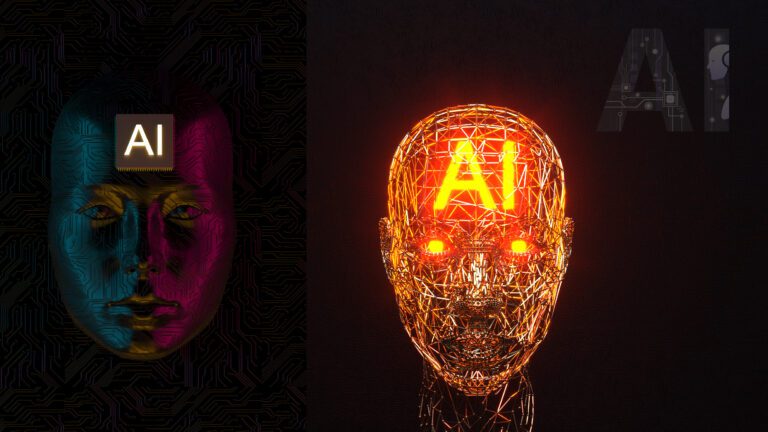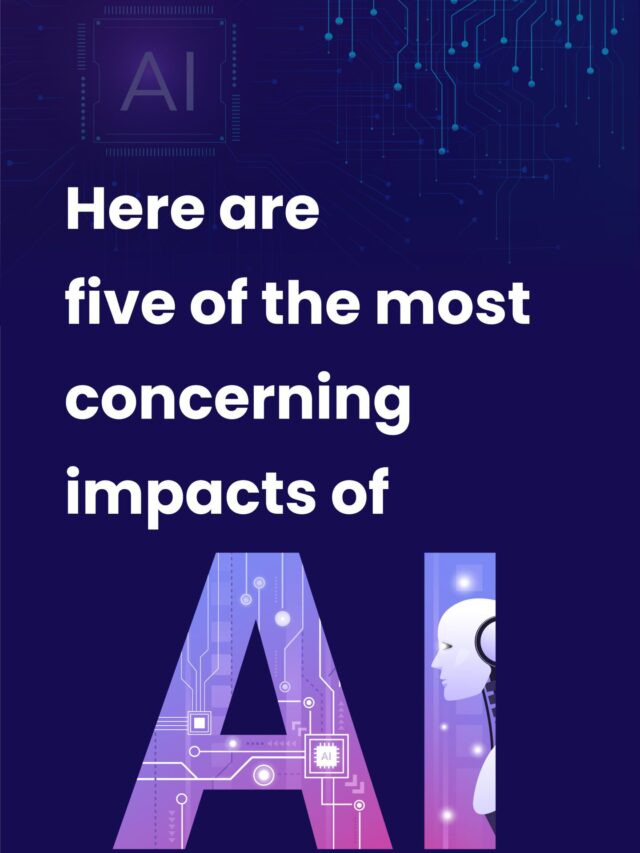
Artificial Intelligence (AI) has the potential to cause negative consequences that we should be aware of.
Job Displacement:
- AI and automation can automate certain tasks and jobs, leading to job displacement for certain sectors of the workforce.
- Jobs that involve routine and repetitive tasks are particularly vulnerable.
- There is a risk of a skills gap where displaced workers may not have the necessary skills for the new roles.
Bias and Fairness:
- AI systems can perpetuate and exacerbate existing biases present in the data used to train them.
- If the training data contains biases, the AI model can learn and reproduce those biases in its predictions or decisions.
- This can lead to unfair or discriminatory outcomes, particularly in areas such as hiring, lending, and law enforcement.
Privacy Concerns:
- The increasing use of AI in surveillance, facial recognition, and data analysis raises concerns about privacy.
- AI systems can process vast amounts of personal data, and if not properly regulated, there is a risk of unauthorized access, misuse, or abuse of this information.
- Striking a balance between the benefits of AI and the protection of individual privacy is a significant challenge.
Security Risks:
- AI systems may become more susceptible to malicious use as they become more sophisticated.
- There is a concern that AI could be weaponized for cyberattacks, misinformation campaigns, or even physical attacks if integrated into autonomous weapons.
- Ensuring the security of AI systems is crucial to prevent them from being exploited for malicious purposes.
Lack of Accountability and Transparency:
- AI systems, especially those based on complex machine learning algorithms, can be challenging to understand and interpret.
- A lack of transparency in how these systems make decisions can lead to a lack of accountability.
- It may be difficult to trace errors, biases, or unintended consequences back to their source, making it challenging to address and rectify issues that arise.


